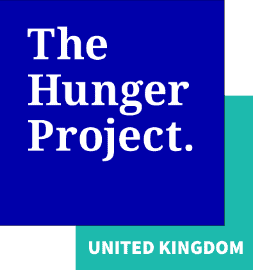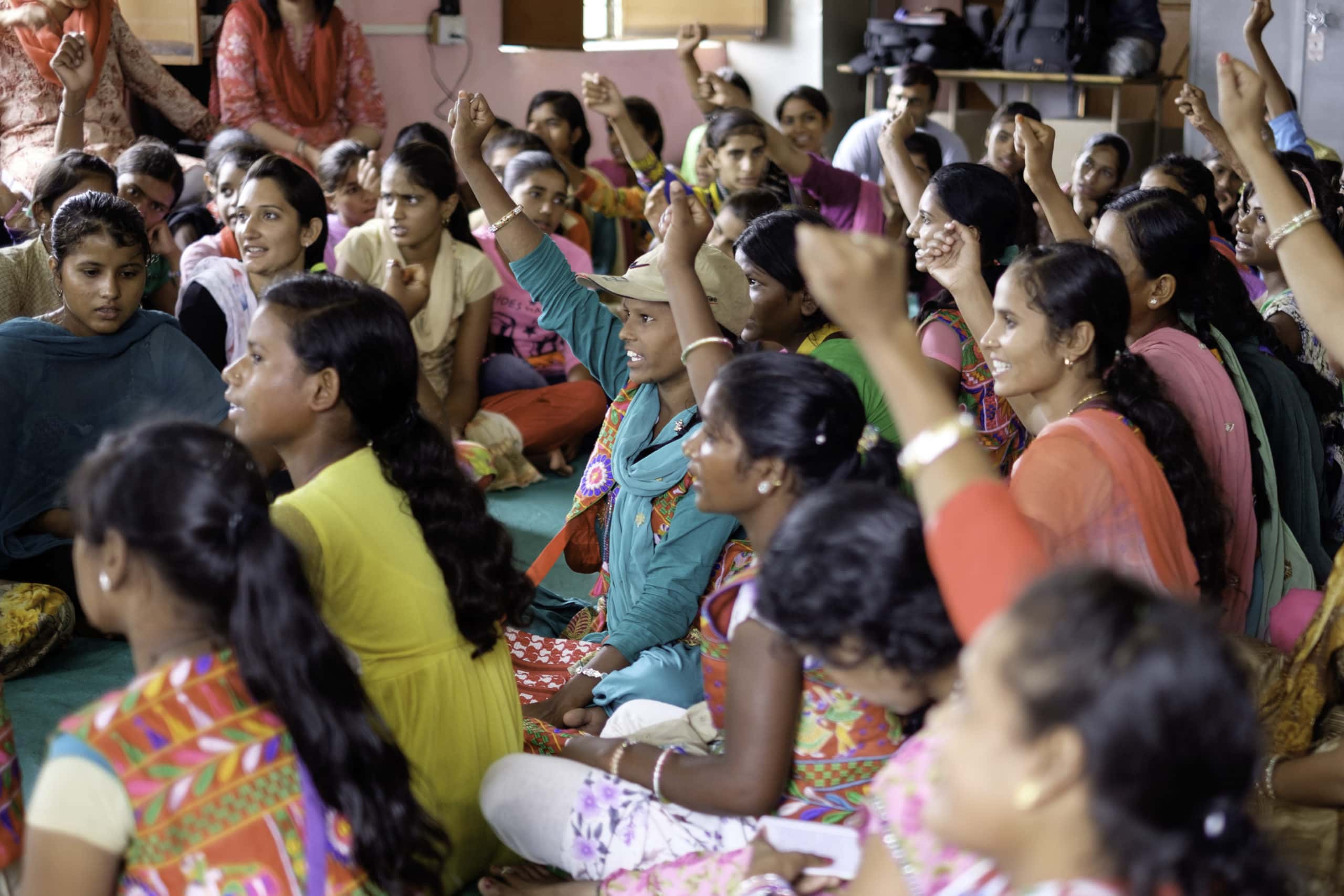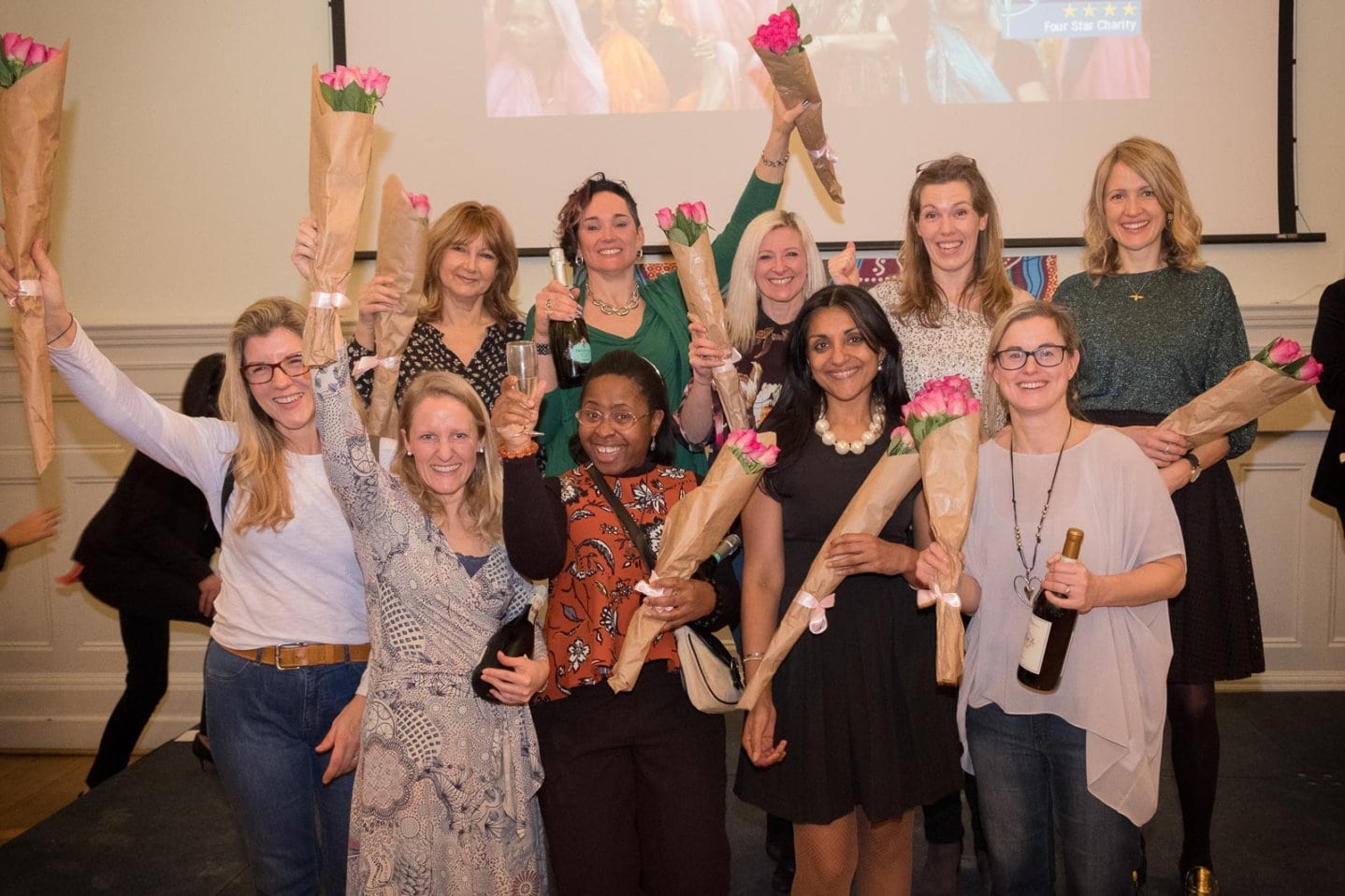World Hunger Day Interview with Irene Naikaali Ssentongo, Country Director, The Hunger Project Uganda
 World Hunger Day is a time to draw attention to the sobering fact that over 828 million people currently face chronic, persistent hunger – a sharp 22% increase since 2019. That statistic alone might turn your attention to something more personal such as thinking about your next meal, or which café to meet at later – my words are not here to induce guilt, but to shine a light on a part of the world you might not hear about often.
World Hunger Day is a time to draw attention to the sobering fact that over 828 million people currently face chronic, persistent hunger – a sharp 22% increase since 2019. That statistic alone might turn your attention to something more personal such as thinking about your next meal, or which café to meet at later – my words are not here to induce guilt, but to shine a light on a part of the world you might not hear about often.
In Uganda where I live, the reality of a country plagued by hunger and poverty is hard to ignore. Hunger robs my people of their dignity – I don’t have the luxury to turn away but instead, I embrace the opportunity to make a difference.
I grew up in one of the famous slums of Kampala city. My home was that part of the city where poverty, hunger and crime were rife; but it is also where I learnt to be creative, courageous and compassionate.
Deep in my imagination, I always conceived a world without hunger. My earlier life prepared me to embrace challenges and turn them into opportunities that would open a door into a more sustainable future. A future where hunger was just a story to be told.
Human nature thrives on sharing; there is enough for everyone irrespective of geographical boundaries. My mother taught me this lesson earlier in life. She always shared the little food we had with neighbours. That to me was a humanist view of abundance. An abundant mindset that turns scarcity into opportunities.
But for too long, there has been greed. How can we expect individuals to win against hunger when the game has been rigged for so long?
Here are a few examples that come to mind when I think about unsustainable systems.
Personal wealth is concentrated with just a tiny percent of an exploding world population;
Population growth is higher in developing countries, while resource consumption and pollution is higher in developed countries;
Climate change destroying food systems in Africa and Asia, while the global north create around a third of greenhouse gas emissions.
World Hunger Day was pioneered by The Hunger Project to ensure that the world does not lose sight of the plight of our brothers and sisters bearing the brunt of world hunger and poverty. According to the UN, 20% of Africa’s entire population is facing hunger right now. Ending hunger is possible. I see the possibilities in my work every day, in the resilience and ingenuity of people. But we also need to cause disruptions in long standing systems that are causing hunger to persist.
To end hunger, we see the benefits in amplifying local voices and leadership around sustainable food practices, such as growing local through the promotion of eco-friendly farming systems and promoting technology innovation to reduce food loss both on farm and during post-harvest.
We are promoting the use of community seed bank to preserve indigenous seed varieties as well as improve storage. We’re promoting value addition to increase nutrient content in food, so that children may thrive. We’re raising awareness around the importance of biodiversity in enhancing productivity as well as working with communities to develop community adaptation plan to mitigate climate change impacts.
We believe this is how we create a world without hunger. It’s a longer-term approach that requires ongoing investment but truly represents sustainability on a global scale.
Find out more: www.worldhungerday.org
Find out more about Irene’s Story by watching this video




